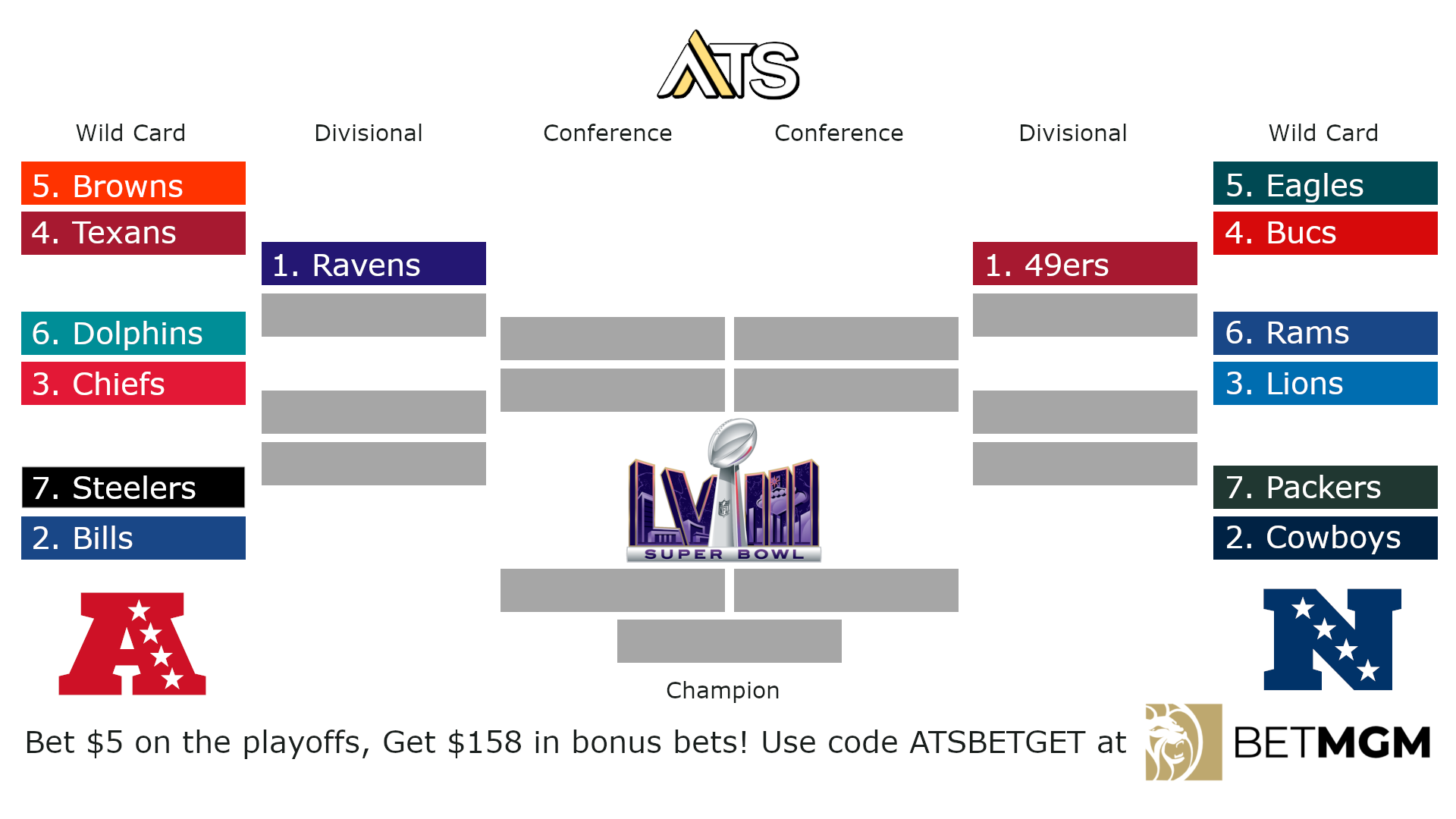Middle Management's Impact: Fostering Employee Engagement And Organizational Success

Table of Contents
The Power of Effective Middle Management Communication
Open and honest communication forms the bedrock of any successful team. For middle managers, this translates into creating a transparent and accessible environment where information flows freely.
Open and Transparent Communication Channels
Effective communication isn't a one-way street. It involves actively listening to team members, understanding their concerns, and providing clear, consistent feedback.
- Establish regular team meetings: Regular meetings with clear agendas ensure everyone is informed and can contribute. These shouldn't be lectures but collaborative sessions.
- Utilize diverse communication methods: Recognize that employees have varying communication preferences. Combine emails, instant messaging, and face-to-face interactions to reach everyone effectively.
- Promote active listening: Truly listen to your team's feedback, demonstrating empathy and understanding. This fosters trust and strengthens relationships.
- Provide timely and constructive feedback: Regular feedback, both positive reinforcement and constructive criticism, keeps employees on track and engaged. Focus on improvement, not blame.
- Transparency regarding company goals: Keeping your team informed about company performance and strategic goals creates a sense of shared purpose and motivates them to contribute.
Effective Feedback and Recognition Programs
Recognition and feedback are powerful tools for boosting morale and driving performance. Middle managers should integrate these into their daily interactions.
- Regular performance reviews: Conduct regular performance reviews that clearly outline expectations, goals, and areas for improvement. This provides a structured framework for feedback.
- Recognize and reward achievements: Promptly and publicly acknowledge individual and team successes. Celebrate milestones and achievements to boost morale and motivation.
- Constructive criticism: Offer criticism focusing on specific behaviors and suggesting actionable steps for improvement, rather than dwelling on shortcomings.
- Culture of feedback: Foster a culture where employees feel comfortable sharing their ideas, concerns, and feedback without fear of reprisal.
Developing and Empowering Employees
Investing in employees is investing in the future of the organization. Middle managers play a crucial role in this process by providing opportunities for growth and development.
Investing in Employee Training and Development
Continuous learning and development are crucial for employee engagement and retention. Middle managers should actively promote these opportunities.
- Professional development: Provide opportunities for professional development, such as workshops, conferences, online courses, and mentorship programs. Tailor opportunities to individual needs and career aspirations.
- Personalized development plans: Identify individual skill gaps and create personalized development plans to address these gaps effectively.
- Mentorship programs: Pair experienced employees with newer team members to provide guidance, support, and knowledge transfer.
- Continuous learning: Encourage employees to pursue continuous learning through online courses, industry publications, and professional certifications.
Delegation and Empowerment
Empowering employees to take ownership of their work is key to boosting motivation and engagement. Middle managers should effectively delegate tasks and trust their team’s abilities.
- Effective delegation: Delegate tasks based on individual skills and strengths. Match tasks to employee capabilities to maximize their potential.
- Empowerment: Empower team members to make decisions and take ownership of their work within defined parameters.
- Autonomy and trust: Provide autonomy and trust to foster a sense of responsibility and ownership. Avoid micromanagement.
- Guidance and support: Instead of micromanagement, provide guidance, support, and resources when needed.
Building a Positive and Supportive Team Culture
A positive and supportive team culture is critical for high levels of employee engagement and productivity. Middle managers are instrumental in shaping this environment.
Fostering Collaboration and Teamwork
Collaboration and teamwork are essential for success in today's dynamic work environment. Middle managers should actively foster these qualities.
- Team-building activities: Organize team-building activities to improve communication, collaboration, and trust among team members.
- Inclusive environment: Create a supportive and inclusive work environment where everyone feels valued, respected, and heard.
- Conflict resolution: Promote open communication and conflict resolution strategies to address any issues promptly and fairly.
- Celebrate successes: Celebrate team successes and acknowledge individual contributions to reinforce positive behaviors and boost morale.
Promoting Work-Life Balance
Employee well-being is directly linked to engagement and productivity. Middle managers should promote a healthy work-life balance for their teams.
- Encourage breaks and vacation: Encourage employees to take breaks, utilize vacation time, and disconnect from work outside of working hours.
- Flexible work arrangements: Implement flexible work arrangements where possible to accommodate employees' individual needs and responsibilities.
- Promote well-being: Promote a healthy work-life balance to reduce stress and prevent burnout. This may include initiatives such as wellness programs or mental health resources.
- Lead by example: Demonstrate a commitment to your own well-being, showing employees that it’s acceptable and encouraged to prioritize their health.
Middle Management's Role in Driving Organizational Success
Middle managers are not just responsible for their teams; they are vital contributors to the overall success of the organization. Their contributions extend beyond team management.
- Alignment of team goals: Ensure that team goals are aligned with the overall company objectives, creating a sense of shared purpose and direction.
- Performance monitoring: Monitor team performance, identify areas for improvement, and implement corrective actions.
- Reporting to upper management: Regularly report progress and challenges to upper management, keeping them informed and enabling proactive decision-making.
- Strategic planning: Contribute to strategic planning and decision-making processes, providing valuable insights from the frontline.
- Championing innovation: Champion innovation and drive continuous improvement within their teams and the organization as a whole.
Conclusion
Middle management plays a pivotal role in fostering employee engagement and achieving organizational success. By focusing on effective communication, employee development, a positive team culture, and strategic alignment, middle managers can significantly impact their team's performance and the overall success of the organization. Investing in your middle management team is investing in your future; effective middle management is essential for building a highly engaged and productive workforce. Learn more about optimizing your middle management strategies today and unlock the full potential of your team. Improve your team's performance and boost employee engagement by focusing on the key elements of effective middle management.

Featured Posts
-
 Los Angeles Concert Lizzo Shows Off Her Figure
May 05, 2025
Los Angeles Concert Lizzo Shows Off Her Figure
May 05, 2025 -
 Oscars 2024 Lizzos Stunning Weight Loss Transformation
May 05, 2025
Oscars 2024 Lizzos Stunning Weight Loss Transformation
May 05, 2025 -
 Analyzing Marvels Thunderbolts A Critical Look
May 05, 2025
Analyzing Marvels Thunderbolts A Critical Look
May 05, 2025 -
 Navigate The Private Credit Boom 5 Key Dos And Don Ts For Job Seekers
May 05, 2025
Navigate The Private Credit Boom 5 Key Dos And Don Ts For Job Seekers
May 05, 2025 -
 Fridays Nhl Games Playoff Implications And Updated Standings
May 05, 2025
Fridays Nhl Games Playoff Implications And Updated Standings
May 05, 2025
Latest Posts
-
 Three Words Anna Kendricks Take On Blake Lively
May 05, 2025
Three Words Anna Kendricks Take On Blake Lively
May 05, 2025 -
 South Bengal Temperature Surge 38 C Heat Expected On Holi
May 05, 2025
South Bengal Temperature Surge 38 C Heat Expected On Holi
May 05, 2025 -
 Holi Heatwave South Bengal Temperatures Reach Near 38 C
May 05, 2025
Holi Heatwave South Bengal Temperatures Reach Near 38 C
May 05, 2025 -
 Anna Kendricks Three Word Blake Lively Comment Goes Viral
May 05, 2025
Anna Kendricks Three Word Blake Lively Comment Goes Viral
May 05, 2025 -
 South Bengal Sizzles Temperatures Soar To 38 Degrees Celsius On Holi
May 05, 2025
South Bengal Sizzles Temperatures Soar To 38 Degrees Celsius On Holi
May 05, 2025
